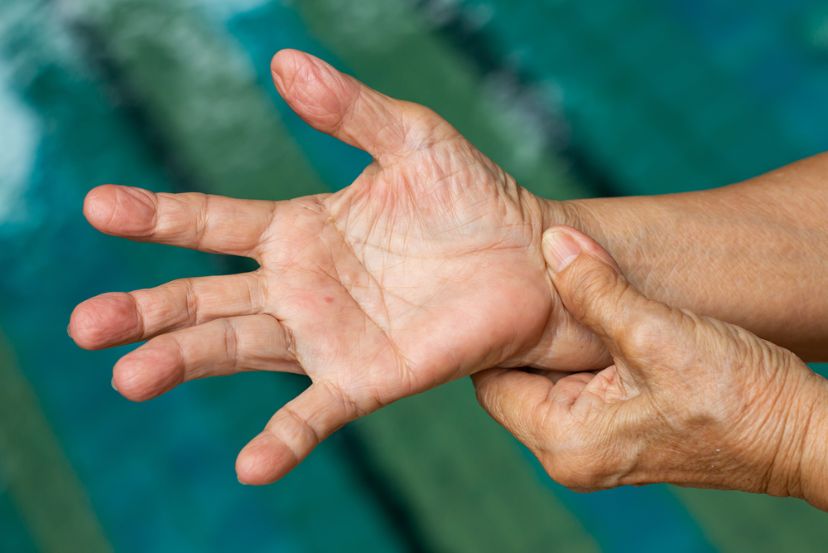Movement disorders are a group of conditions that affect the way the body moves, and they may cause tremors or other involuntary movements. The condition can be caused by a variety of problems, including damage to the brain or nerves or abnormalities in the way your body moves.
Some symptoms of movement disorders are temporary, while others are permanent and can make it difficult for you to do the things you need to do. Your doctor will work with you to identify the disorder that’s causing your symptoms and treat it accordingly.
Your doctor will perform a physical exam and ask you questions about your symptoms to find the best treatment option for you. Tests can be done to look for abnormalities in your blood, urine and cerebrospinal fluid. These tests help determine whether you have a disease, such as Parkinson’s disease, or if there’s a problem with the way your brain controls the movement of your muscles.
You’ll also be asked to describe the way you move and how it feels. Your doctor may ask you to stand up, walk around and do other tests to see how well you’re able to use your arms and legs.
In some cases, your doctor may recommend a special type of exercise, called specialized physical therapy, to treat the symptoms. This can include stretching or other exercises that target the muscles involved in the movement disorder.
The specific movements that you experience are a result of a complex interaction between the brain, spinal cord and nerves. These parts of your brain and nervous system coordinate the way you move, balance and interact with other people.

There are many different types of movement disorders, each affecting a different part of the brain and nervous system. They can range from hiccups that are temporary and mild to Parkinson’s disease, which is progressive and affects your ability to speak, use your hands and walk.
Some of these conditions are genetic, such as essential tremor and dystonia, while other disorders are acquired, meaning they were caused by an illness or injury. Examples of these disorders include Parkinson’s disease, Huntington’s disease and multiple sclerosis (MSA).
Dystonia is a movement disorder that causes muscles to contract in an abnormal way. These involuntary movements can cause twisting or repetitive motions and pain.
Patients with dystonia are unable to control their movement or keep their body stable. They can also have painful or awkward postures, and their voices can sound croaky or crackly.
Cervical dystonia is a movement disorder that causes the neck muscles to contract in an abnormal way. The movements can cause the head to pull to one side or tilt forward or backward.
Usually these movements are slow, but they can be faster and more jerky. They often occur while you’re sitting or lying down.
If you have a movement disorder, your doctor will prescribe medication to control the symptoms. These can include levodopa, a drug that helps the nervous system to work better.









